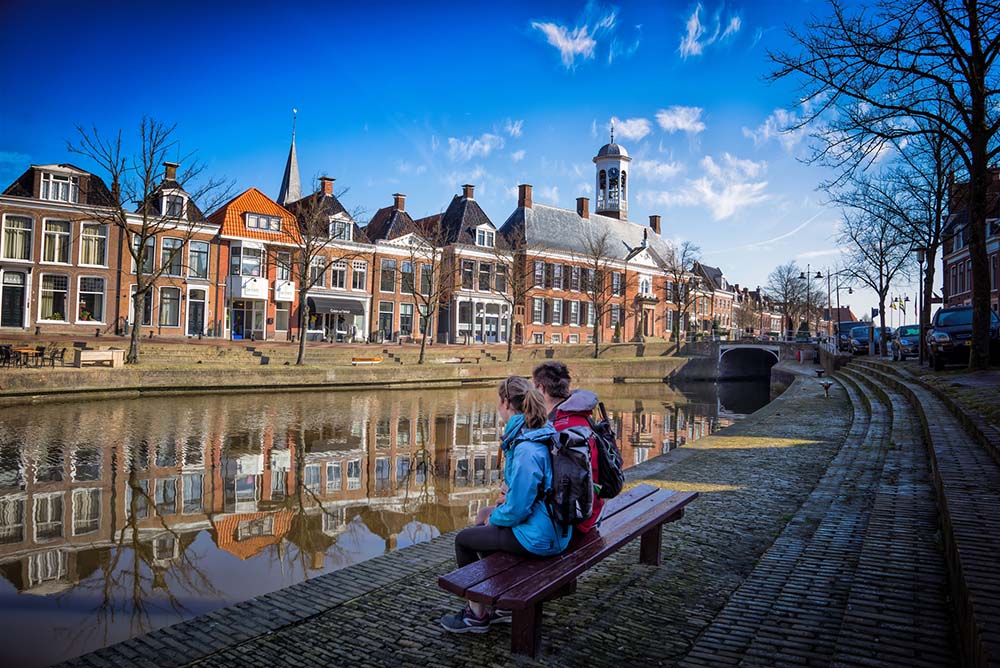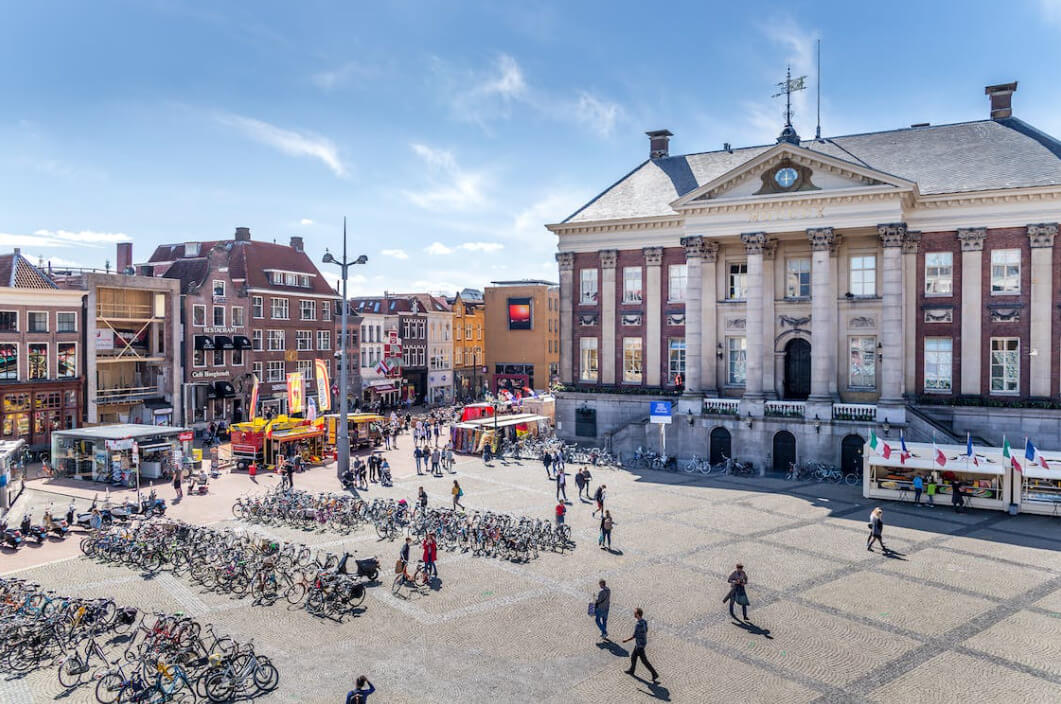PhD position Behavioural Neuroscience (1.0 FTE)

Job description
Forgetting is a natural process that occurs in the life of every individual. In most cases it is functional and prevents the storage of unnecessary information. However, it can be maladaptive, for example in aging or pathological conditions such as in Alzheimer’s disease (AD). Despite the high burden of amnesia in the ever-growing elderly population and especially AD patients, the mechanisms underlying memory loss remain poorly understood. Importantly, it is uncertain whether the observed amnesia in the early stages of AD is caused by previously stored episodic information getting lost, or becoming hard to retrieve. Studies using novel optogenetic approaches have suggested that many of the memory deficits may be caused by failure in the retrievability of the stored information, rather than by loss of the information itself. However, so far optogenetic activation of neuronal ensembles only results in temporary access to otherwise silent memories.
We recently succeeded in more permanent access to ‘silent’ memories impaired by sleep deprivation with a combination of optogenetic engram activation and treatment with the FDFA approved PDE4 inhibitor roflumilast. These findings raise the critical question whether similar optogenetic/pharmacological strategies could also be utilized to permanently reverse forms of amnesia such as those associated with aging and early stages of AD.
Here, we propose to use our state-of-the-art technologies to study hippocampal memory engrams comparing conditions of healthy and pathological aging at the behavioral, network, and molecular level. Specifically, we will determine whether FDA-approved drugs and optogenetic approaches can be utilized to restore memories and combat amnesia associated with aging and early AD. In parallel, we will compare engram profiles of accessible and inaccessible memories at the structural and network level, and define the reactivation profiles of neuronal ensembles encoding accessible and inaccessible memories to further understand the underlying mechanisms that we target with our stimulation manipulation. Altogether this project will elucidate whether common mechanisms underlie memory impairments due to hampered retrieval of silent memories, and may lead to an effective strategy for treating amnesia associated with aging and early stages of AD, as well as further our understanding of the underlying pathology of healthy aging, as well as AD.
Research environment
Research will be mainly performed in the Neurobiology group at the Groningen Institute for Evolutionary Life Sciences (GELIFES), which comprises several other strong, internationally recognized research groups in the field of behavioral neuroscience and evolutionary biology.
Organisation
Founded in 1614, the University of Groningen enjoys an international reputation as a dynamic and innovative institution of higher education offering high-quality teaching and research. Flexible study programs and academic career opportunities in a wide variety of disciplines encourage the 34,000 students and researchers alike to develop their own individual talents. As one of the best research universities in Europe, the University of Groningen has joined forces with other top universities and networks worldwide to become a truly global center of knowledge.
Qualifications
You have
• A Master degree in biology or biomedical sciences with relevant experience in the field of behavioral neurosciences, and strong interest in learning & memory research.
• Preference will be given to candidates with experience in (either) rodent surgical techniques, optogenetics/calcium imaging, memory engram technologies, and/or brain tissue analyses.
• A good command of English (oral and written).
• Excellent communication skills (indicated by the ability to write scientific papers and deliver presentations).
Conditions of employment
We offer you in accordance with the Collective Labour Agreement for Dutch Universities:
• A salary of € 2,901 gross per month in the first year, up to € 3,707 gross per month in the final second year, based on a full-time position.
• A holiday allowance of 8% gross annual income an 8.3% end-of-the-year allowance.
• A full-time position (1.0 FTE) for 48 months (4 years). The successful candidate will first be offered a temporary position of one year with the option of renewal for another 3 years. Prolongation of the contract is contingent on sufficient progress in the first year to indicate that a successful completion of the PhD thesis within the next 3 years is to be expected. A PhD training programme is part of the agreement and the successful candidate will be enrolled in the Graduate School of Science and Engineering at the University of Groningen.
Application
Please add the relevant vacancy number as indicated above in your application and include a letter of motivation, curriculum vitae, and contact information of three academic referees. Please also submit a list of examination marks.
You may apply for this position until 16 January 11:59pm / before 17 January 2025 Dutch local time (CET) by means of the application form (click on "Apply" below on the advertisement on the university website).
The position will remain open until filled.
The University of Groningen strives to be a university in which students and staff are respected and feel at home, regardless of differences in background, experiences, perspectives, and identities. We believe that working on our core values of inclusion and equality are a joint responsibility and we are constructively working on creating a socially safe environment. Diversity among students and staff members enriches academic debate and contributes to the quality of our teaching and research. We therefore invite applicants from underrepresented groups in particular to apply. For more information, see also our diversity policy webpage: https://www.rug.nl/(...)rsity-and-inclusion/
Our selection procedure follows the guidelines of the Recruitment code (NVP): https://www.nvp-hrnetwerk.nl/nl/sollicitatiecode and European Commission's European Code of Conduct for recruitment of researchers: https://euraxess.ec.europa.eu/jobs/charter/code
We provide career services for partners of new faculty members moving to Groningen.
Unsolicited marketing is not appreciated.
Information
For information you can contact:
- Robbert Havekes, r.havekes@rug.nl
Please do not use the e-mail address(es) above for applications.






